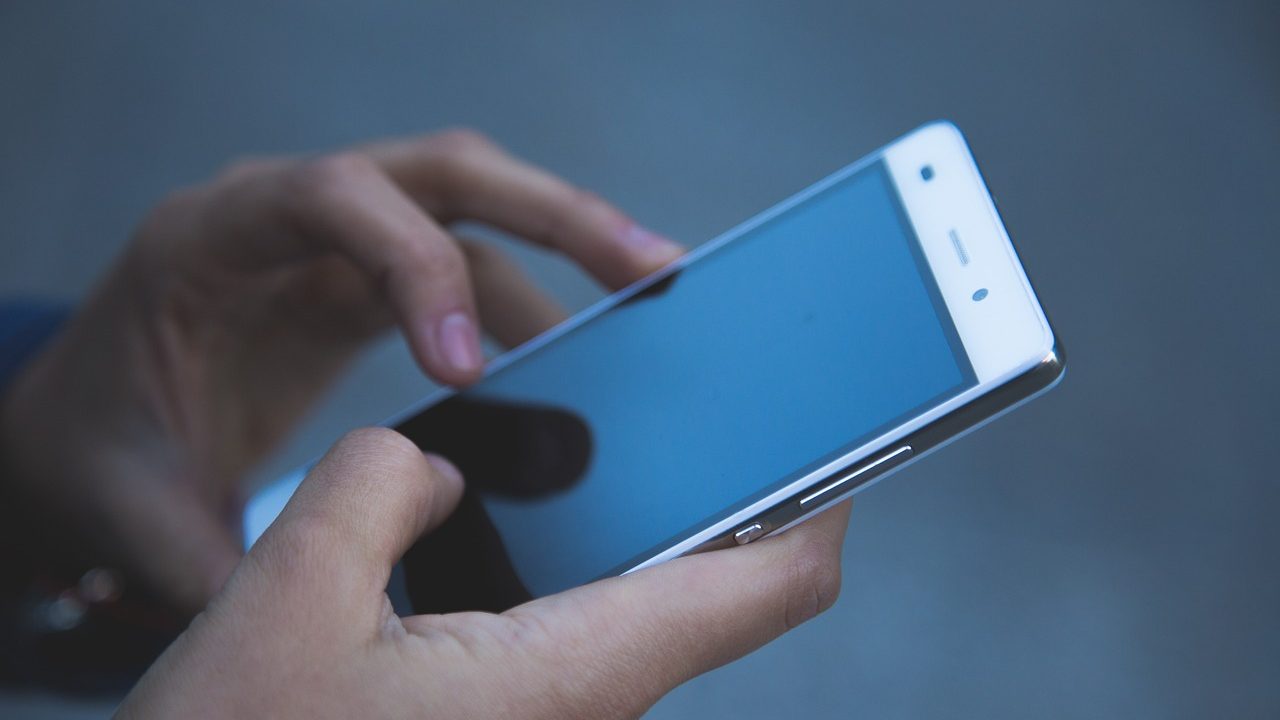ChatGPT: The New Age “Therapist”

KUALA LUMPUR Feb 20, 2025 – The growth of mental health awareness has pushed people to turn to ChatGPT and other AI technologies for unique personal support.
As AI technology provides real-time engagement, many individuals are finding comfort in leveraging this digital platform to openly vent their personal struggles and seek opinions from a different, often unbiased, perspective.

The Digital Venting Ground
The appeal of using Chat GPT as a sounding board is its easy access and quick response. Whether it’s work stress, relationship problems, or family issues, many users have found that chatting with an AI offers a convenience that traditional therapy may not.
Chat GPT’s lack of judgement and instant response makes it an ideal companion for those who are hesitant to share their feelings to friends or family. As the fear of being perceived grows, more people leverage AI as their first contact when facing personal struggles, much like how one would reach a close friend.
“ChatGPT gives me the best advice that I never have to tell anyone my business again,” they said on X platform.
Will It Replace Professional Therapy?

Despite this growing trend, ChatGPT will not be a replacement for professional therapy. While it certainly offers emphatic responses that users would love to hear, it would still lack the expertise and emotional depth that a human therapist offers. However, their ability to act as a temporary outlet for expression is undeniable.
According to ICA Notes, emotional relationship between a patient and the therapist is the ultimate key to effective treatment. AI is not programmed to have emotions the way us humans do, therefore this becomes a barrier between the two worlds.
Criticism And Concerns
The topic sparked heated online discussions about the long-term effects of relying on AI to vent. Critics see this as a warning sign of how the current generation may be losing social connections, resorting to daily conversations with a robot instead of engaging with other people.
“It’s a shame to see normal people asking for advice from ChatGPT,” said one of the critics, as they further emphasized how the extensive use of AI could potentially harm the environment.
People were quick to defend themselves, posing the question: “What does it matter to others if we choose to use AI for support?”

A Step Towards Emotional Empowerment
What stands out about this trend is how people are taking control of their emotional wellbeing. By using AI technologies as venting outlets, individuals can care for their mental health anytime, anywhere, while also benefiting from a cost effective solution.
As we continue to incorporate AI into our daily lives, it will be an interesting journey to see how technology shapes the mental health space. One thing is clear: more people are turning to technology to navigate through life challenges.








